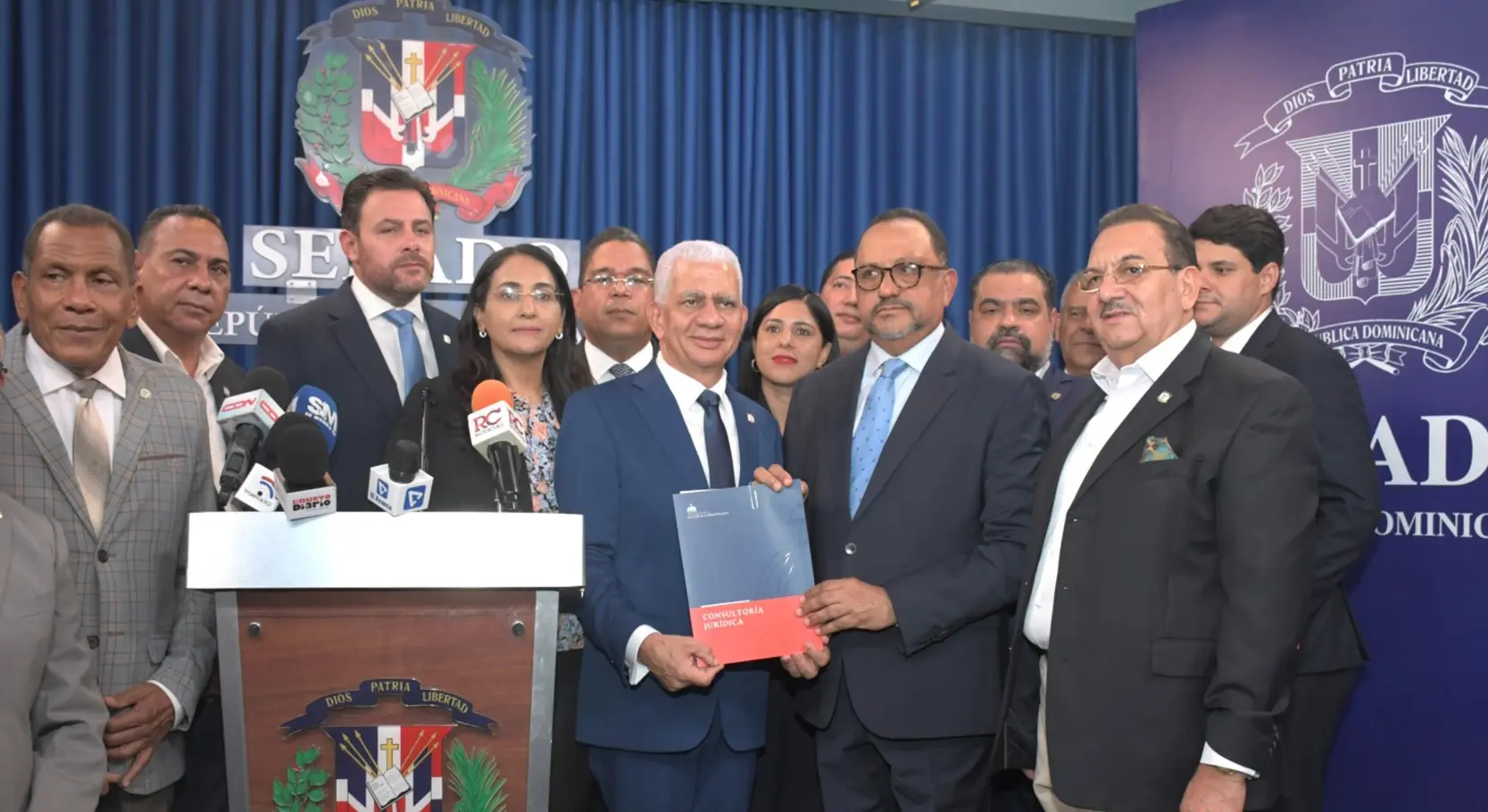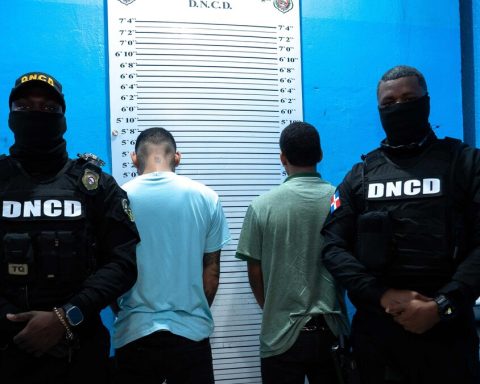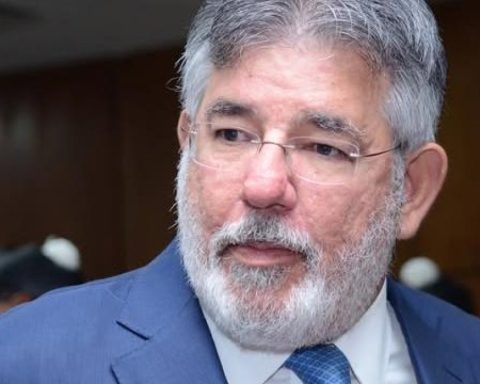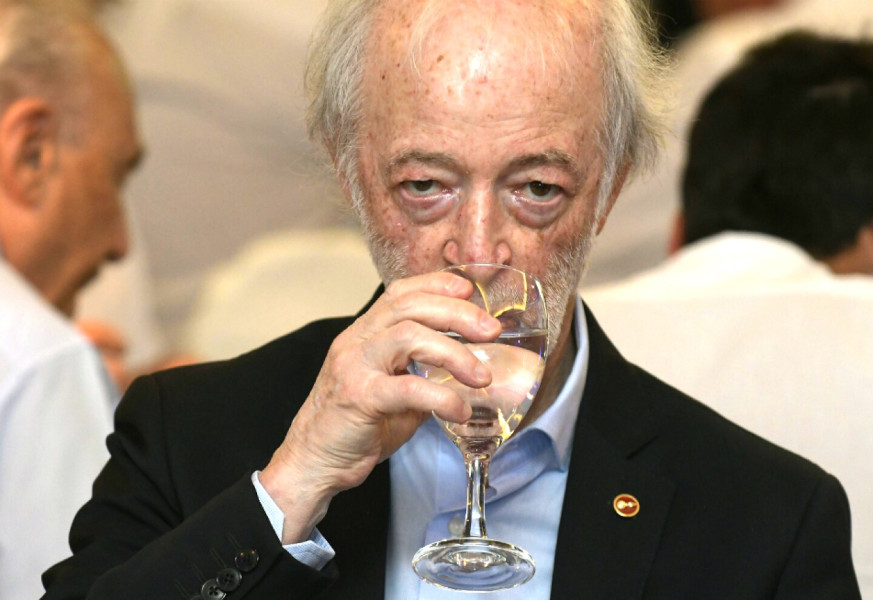He Executive power Yesterday, the Senate submitted the announced draft reform to the Constitution of the Republic, recording the modification of 10 articles, to prevent future constitutional modifications that give way to presidential reelection, to elect the Attorney General of the Republic for two years, with irremovability; to unify the presidential and congressional elections with the municipal ones and to reduce the number of candidates to 10. 137 of the 190 deputies.
The bill declaring the need for constitutional reform and ordering the meeting of the National Revisory Assembly was submitted by the Government’s legal advisor, Antoliano Peralta, proposing a new general provision and seven transitional provisions, which imply that the Attorney General be elected by the National Council of the Judiciary (CNM)an organ from which he was excluded from membership. The Attorney General could be re-elected to the position.
You can read: Abinader: «Regarding the Mayor’s Office of La Vega, we will follow the legal succession procedure»
Senate President Ricardo de los Santos welcomed the initiative to amend Articles 81, 166, 167, 169, 171, 178, 179, 209, 268 and 274 of the current Constitution.
According to the communication sent by the President of the Republic, Luis Abinaderthe President of the Senate, the rules for presidential elections established in Article 124 of the Constitution will be excluded from the constitutional reform process, as Article 268 of the Constitution will be amended.
Furthermore, Article 268 establishes that no constitutional amendment may affect the form of government, established in Article 4 of this Constitution.
And, it will add a general provision, in article 278, to establish that “no elected official may benefit from a constitutional reform carried out during his mandate, when it concerns the nomination, election and permanence of the position he occupies.”
He points out that with these modifications, “a long history of circumstantial constitutional reforms in the Dominican Republic would finally be closed, the sole or main purpose of which was to perpetuate the authorities of the moment in power.”
Autonomy of the Public Prosecutor’s Office
He Public Prosecutor’s Office The Attorney General will operate autonomously, but the Attorney General may be removed from office by impeachment if he or she fails to perform his or her duties. The President of the Republic will propose the Attorney General at the beginning of his or her term in office.
Unify the elections
This is the third objective of the reform to the Magna Carta, through the modification of articles 209 and 274, to synchronize all constitutional periods and make all elections take place on the third Sunday of May every four years and all elected authorities take office on the following 16 August. The unification of elections would take effect from the elections of 2032.
Establish fewer deputies
Abinader proposes to modify article 81 of the Constitution to adjust the number of representatives in the Constitution to a total of 137. Chamber of Deputies. In this fourth objective of the reform to the country’s Substantive Charter, the 190 existing territorial deputies would have their number reduced by 53, globally, which the president believes would improve the legislative dynamics. The measure would come into effect as of the 2028 congressional elections.
The provincial representation would be: One hundred and ten deputies elected by territorial constituency, 20 national deputies, elected by accumulation of votes, and seven deputies for the community of Dominicans abroad.
The rules for electing deputies are not modified.
Officializes the second round of elections
It provides that in the elections to elect the President and Vice President of the Republic, if none of the candidates obtain at least more than half of the valid votes cast, a second election will be held on the last Sunday of June of the same year. Only the two candidates with the highest number of votes will participate and the candidate with the highest number of valid votes cast will be considered the winner, as established in article 209 of the constitutional reform, relative to the Electoral Assemblies.

















